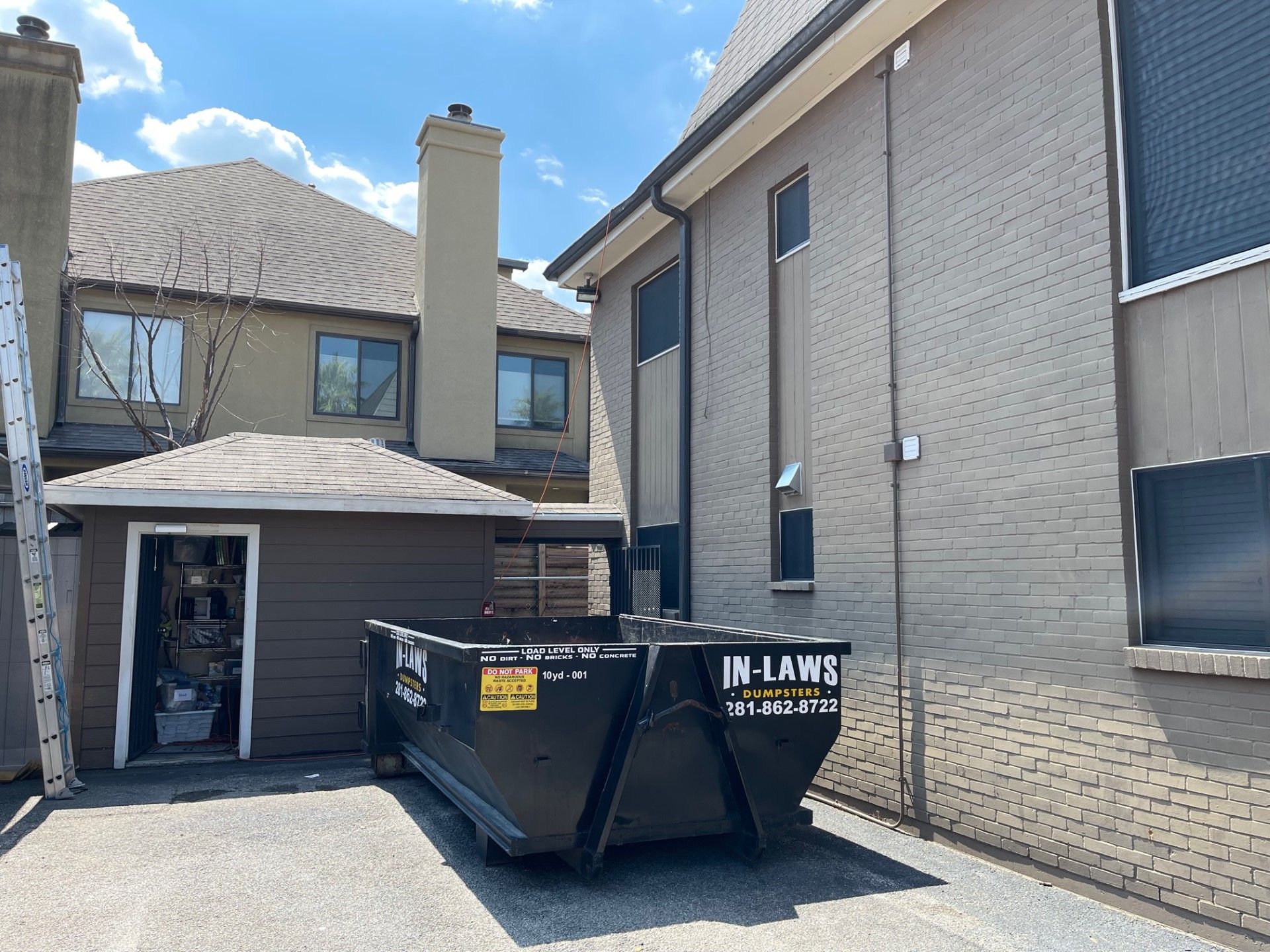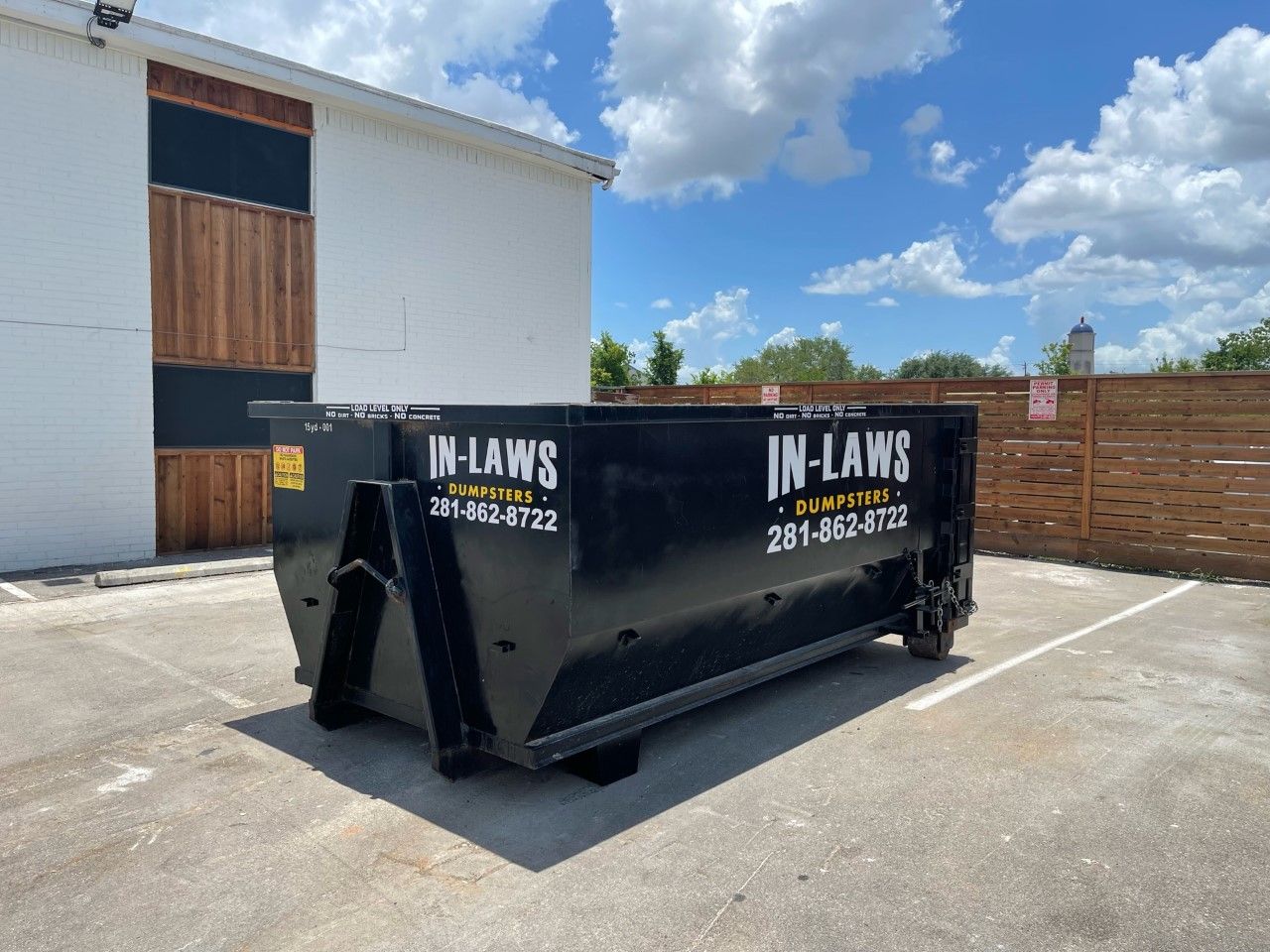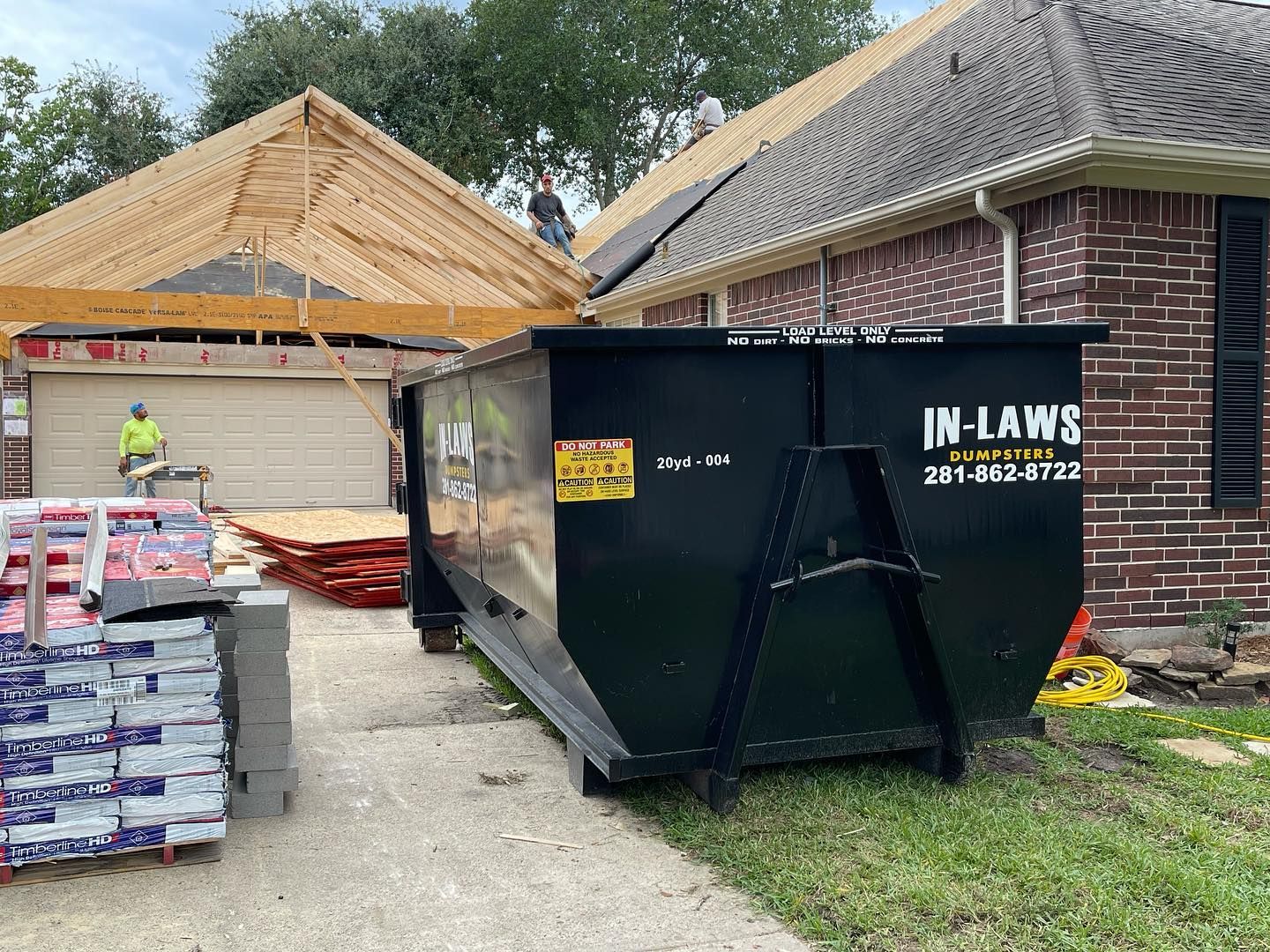Comprehensive Guide to Understanding Dumpster Rental Costs:
Dumpster rentals are a practical solution for managing waste during various projects, including home renovations, construction, and large clean-up jobs. However, understanding the costs involved can be challenging due to the many various factors influencing the final price. This comprehensive guide will help you understand all aspects of dumpster rental costs, ensuring you can make informed decisions and avoid unexpected expenses.
What Influences Dumpster Rental Costs?
Dumpster Size
One of the most significant factors affecting the cost of renting a dumpster is its size. Dumpsters come in various sizes, typically measured in cubic yards. Common sizes include:
- 10-Yard Dumpsters: Ideal for small home cleanouts or minor renovations.
- 15-Yard Dumpsters: Suitable for medium-sized projects like kitchen and bathroom remodels.
- 20-Yard Dumpsters: Suitable for larger home cleanouts and remodels.
- 30-Yard Dumpsters: Common for larger construction projects.
- 40-Yard Dumpsters: Used for major projects with large quantities of debris.
Larger dumpsters cost more due to their higher capacity. It's essential to choose the right size to avoid paying for unused space or overfilling a smaller one, which can lead to additional fees.
Rental Period
The duration for which you need the dumpster also impacts the cost. Most dumpster rental companies offer flexible rental periods ranging from a few days to several weeks. Extending the rental period will increase the overall cost.
Type of Debris
The type of waste you're disposing of affects the rental cost. Common types of debris include:
- General household waste
- Construction and demolition debris
- Yard waste
- Heavy materials like concrete, brick, or asphalt
Different materials have varying disposal costs. For instance, heavy materials may require special handling and disposal procedures, leading to higher fees.
Location
Your geographic location can influence dumpster rental costs due to differences in local disposal fees, transportation costs, and regional demand. Urban areas typically have higher prices than rural areas.
Additional Fees
Several additional fees may apply to your dumpster rental, including:
- Overweight fees: If your dumpster exceeds the included weight allowance, you may incur extra charges.
- Permit fees: Some municipalities require permits for placing a dumpster on public property, adding to the overall cost.
- Trip fees: If the rental company has to make multiple trips due to overfilled or blocked dumpsters, additional fees may apply.
Average Dumpster Rental Costs
National Averages
On average, dumpster rental costs range from $200 to $800, depending on the factors mentioned above. Here's a breakdown of the average dumpster prices based on size:
- 10-Yard Dumpster: $200 - $300
- 15-Yard Dumpster: $300 - $400
- 20-Yard Dumpster: $400 - $500
- 30-Yard Dumpster: $500 - $600
- 40-Yard Dumpster: $600 - $700
Regional Variations
Prices can vary significantly by region. For example, in densely populated cities, rental costs might be higher due to increased disposal fees and demand. Conversely, rural areas may have lower prices.
Tips for Reducing Dumpster Rental Costs
Choosing the Right Size
Selecting the appropriate dumpster size for your project is crucial. Overestimating your needs can lead to unnecessary expenses, while underestimating can result in overage fees. Consult with rental companies to determine the best size for your project.
Plan Your Rental Period
Carefully plan the rental period to avoid extension fees. Schedule the dumpster delivery and pick-up to align with your project timeline.
Dispose of Waste Efficiently
Organize your waste to maximize dumpster space. Breaking down large items and evenly distributing weight can help you avoid overage fees.
Understand Local Regulations
Familiarize yourself with local regulations and permit requirements to avoid unexpected permit fees. Some areas have specific guidelines for dumpster placement and usage.
Frequently Asked Questions About Dumpster Rental Costs
How long can I keep a rented dumpster?
Rental periods typically range from a few days to several weeks. Most dumpster companies offer flexible rental terms, and you can often extend the rental period for an additional fee.
Are there any prohibited items in a dumpster?
Yes, certain items are generally prohibited from being disposed of in dumpsters, including hazardous materials, tires, batteries, and appliances containing refrigerants. Always check with your rental company for a complete list of prohibited items.
Can I share a dumpster with my neighbor?
Sharing a dumpster with a neighbor can be a cost-effective solution if both parties have waste to dispose of. Ensure clear communication and agreement on the rental terms to avoid conflicts.
What happens if I exceed the included weight?
Exceeding the included weight of your dumpster can result in additional fees. The rental company will weigh the dumpster at the landfill, and any excess weight will be charged according to their rates.
Understanding dumpster rental costs involves considering various factors, including the size of the dumpster, the rental period, the type of debris, location, and possible additional fees. By being aware of these factors and following our tips for reducing costs, you can make informed decisions and manage your waste disposal needs efficiently. With this comprehensive guide, you are now equipped to navigate the complexities of dumpster rental costs and find the best solution for your project.
For those in the Houston and surrounding areas, consider In-Laws Dumpsters for great service, transparent, and fair-priced services.



